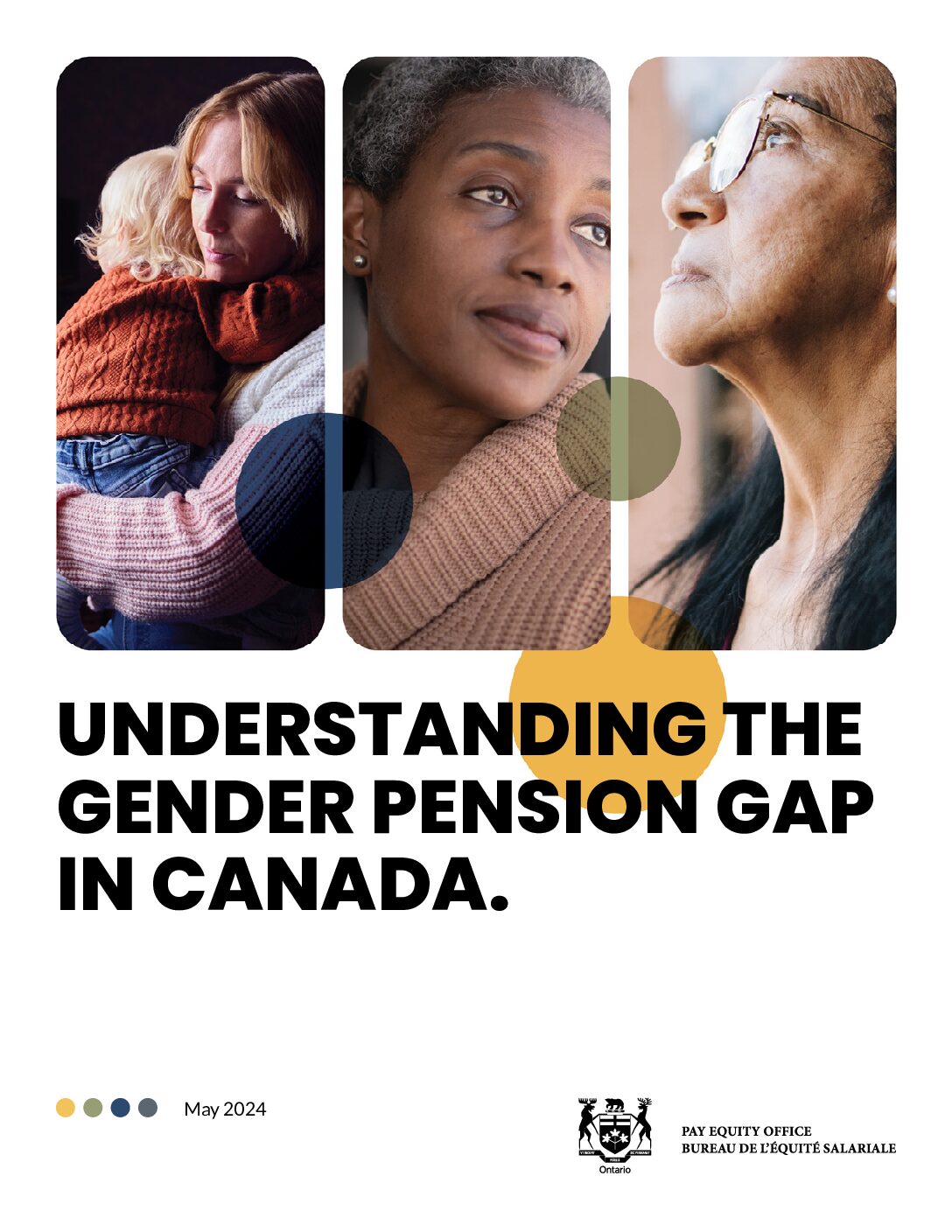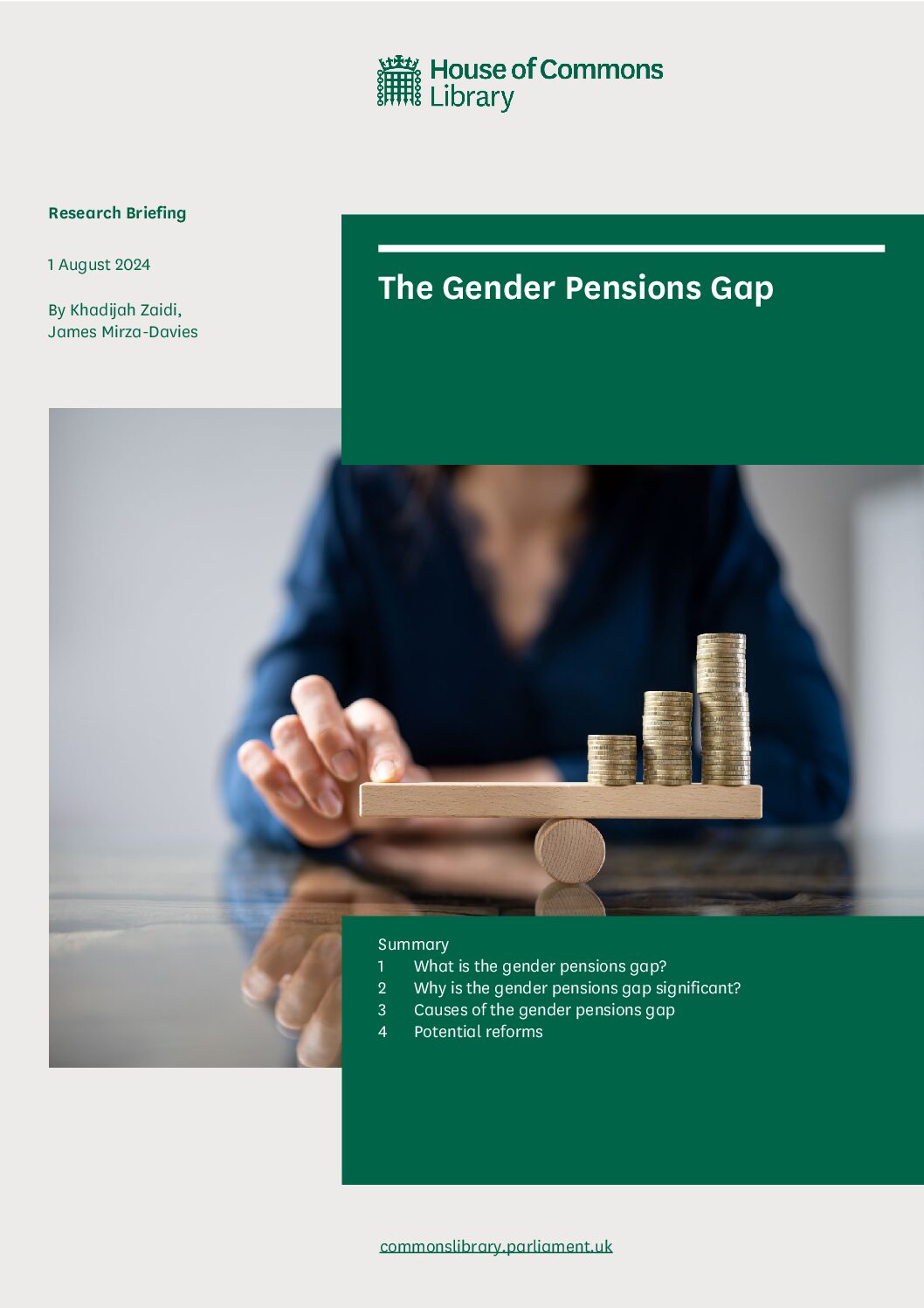Postponing Retirement Under Age Discrimination and Grandparenting
By Leqing Huang To tackle the population aging and improve the sustainability of the pension system, the Chinese government proposes to postpone the statutory retirement age gradually. However, when implementing this policy in China, age discrimination in the job market and grandchild care culture are two potential concerns. Therefore, this paper builds a multi-period OLG model with these two crucial factors to provide a quantitative evaluation of the potential policy impacts on population growth, labor supply, and pension funds. The...










